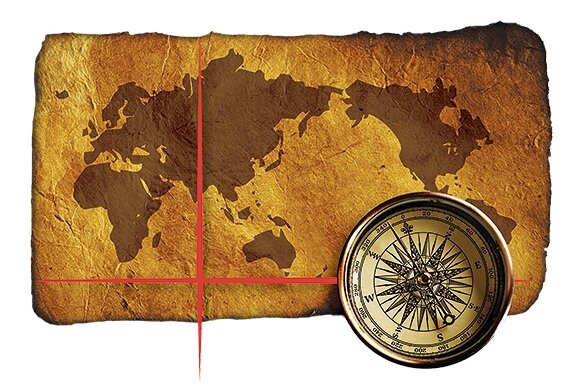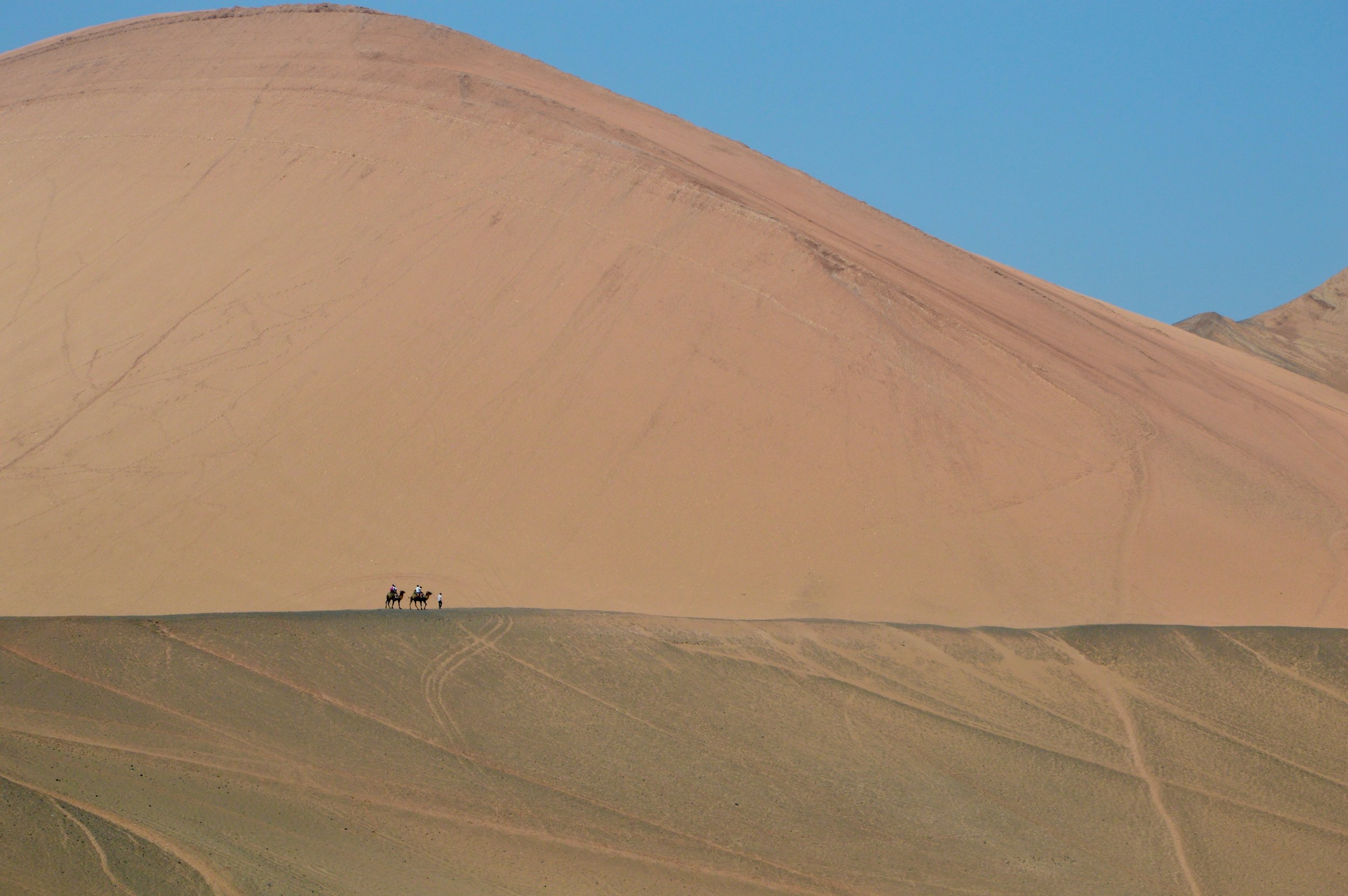BORDER OPENING STATUS
China’s international borders are expected to remain closed for most of 2022. At this stage, we recommend you book your holiday towards the fall of 2023 as we hope to see borders opening for visitors to selected areas of China.
The name alone evokes an era when caravans of camels, horses and mules transported everything from silk, jade, gunpowder to rhubarb, mosaic tiles and religions between China and Constantinople across deserts and mountains. Travel with Longitude 80 on a myth-laden network of wild roads and exotic cities where we explore the definition of oasis with our experts bringing in the magnitude of the Silk Road and it’s importance.
Our journey starts in the ancient capital of Xian - once the terminal end of the Silk Road, and travels across mainland China stopping along some of the main sites all the way to the western border of China and Kyrgyzstan. This is unlike any part of China you have ever imagined, where the Taklamakan desert was once faced with fear, where the Great Wall of China is in places no more than 2 meters high, where isolated towns shelter incredible 12th century murals in caves, ancient stone fortresses and extraordinary Muslim sites.
We travel by plane, high speed train and on the back of Bactrian camels and bicycles, from a metropolis to parched desert to snow-capped mountains. Wander in alleys lined with vendors selling lamb and silk (not together, obviously), witness one of the biggest live animal markets, drive on a spectacular highway lying above 9,800ft built exactly on the site where the original Silk Road used to cross the Pamir range.
Our extension trip pushes further east through Osh and Bishkek all the way to the azure-domed mosques and the fabled cities of Samarkand, Bukhara and Khiva – all in Uzbekistan.
WHEN?
Spring and Fall seasons, April and May or October/early November.
HOW LONG?
The China portion of the Silk Road is 12 days. Our extension across Kyrgyzstan and Uzbekistan is an additional 10 days.
WHERE DOES IT START?
In Xian with many direct flights from USA and Europe.
Did YOu know?
If silk was considered gold during the main era of trade on the Silk Road, spices especially pepper, saffron and cinnamon were the second most important item traded.












